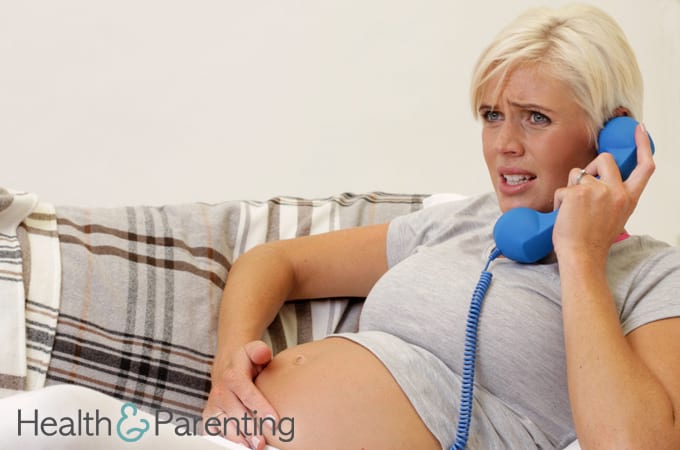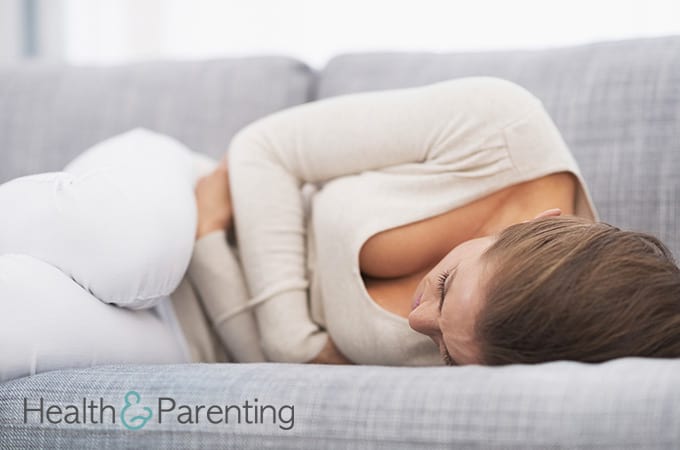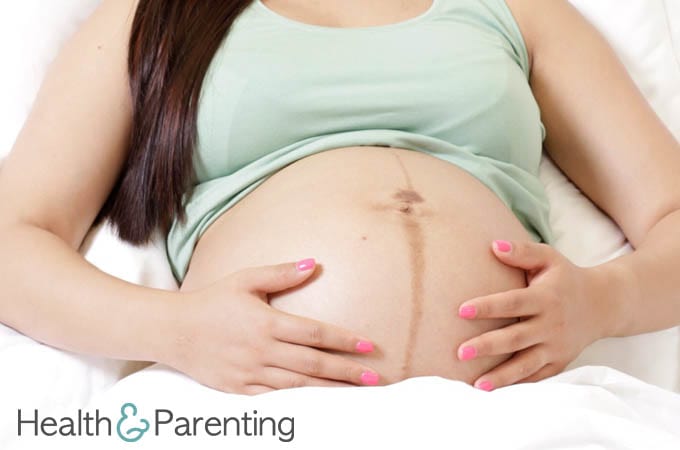A sign is an objective evidence of a condition that people can see on a patient. It can be inspected by the eyes or measured by laboratory equipment. A sign is more or less definitive and obvious. So, when you say signs of pregnancy, they refer to the objective findings perceived by an examiner and not the mother. However, many signs are usually accompanied by symptoms. Here are first pregnancy signs that indicate impending motherhood.
1. Spotting
One of the first pregnancy signs may be implantation bleeding. It is characterized by a slight staining of a pink to brown colour, caused by the implantation of the egg in the endometrial lining. About 6-12 days after conception, the embryo implants itself in the uterine wall. It is usually accompanied by cramping. Some women experience spotting, but others do not.
2. Darkening of the areolas
If the skin around your nipples gets darker, it may be a sign of pregnancy. However, this can also be a sign of a hormonal imbalance and might not be related to pregnancy.
3. Frequent urination
Around 6-8 weeks after conception, you may experience frequent visits to the bathroom. Although this may be caused by diabetes, diuretics, or a urinary tract infection (UTI), it is most likely due to increased human chorionic gonadotropin (hCG) levels when you are pregnant. hCG increased blood flow to your kidneys, helping them to cleanse your body. Your growing uterus is also starting to put pressure on your bladder, leaving less storage for urine and leading to frequent urination.
4. Positive pregnancy test
If you have a positive result showing up on your pregnancy test, you are most likely pregnant. Make an appointment with your doctor to confirm the good news and prepare for motherhood.
This information is not intended to replace the advice of a trained medical doctor. Health & Parenting Ltd disclaims any liability for the decisions you make based on this information, which is provided to you on a general information basis only and not as a substitute for personalized medical advice. All contents copyright © Health & Parenting Ltd 2017. All rights reserved.













